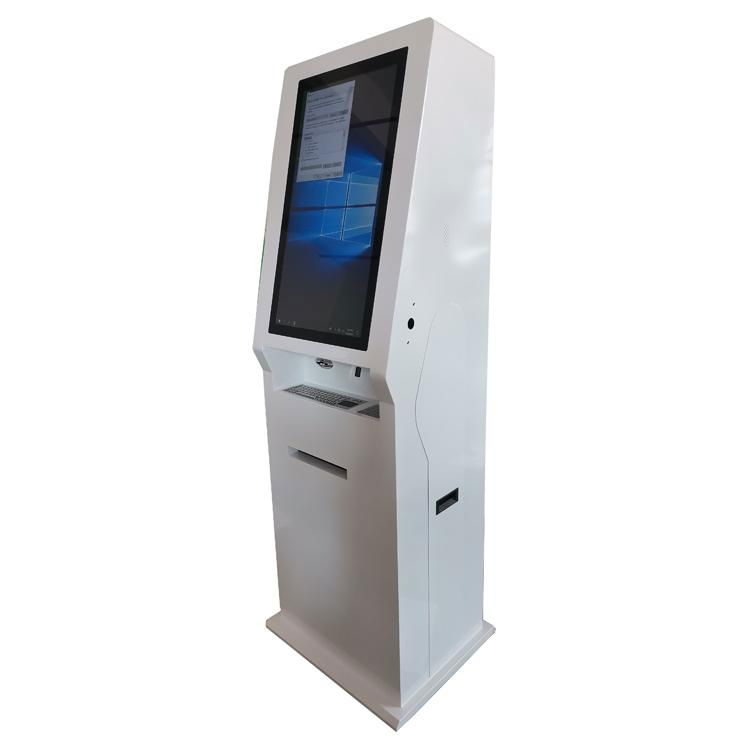Introduction to Library Kiosks: Revolutionizing Access to Information
In today's fast-paced digital world, the need for efficient access to information is more critical than ever. Library kiosks are innovative self-service machines designed to enhance the user experience in libraries, providing quick and easy access to a wealth of resources. This article explores the benefits and features of library kiosks, making them an essential addition to modern libraries.
What is a Library Kiosk?
A library kiosk is a self-service terminal that allows patrons to search for, check out, and return library materials without the need for staff assistance. These kiosks can be equipped with touch screens, barcode scanners, and printers, enabling users to interact with the library’s catalog seamlessly.
Key Features of Library Kiosks
User-Friendly Interface: Library kiosks feature intuitive touch screens that make navigation easy for users of all ages. The interface is designed to help patrons quickly find the information or materials they need.
Self-Checkout and Return: One of the most significant advantages of library kiosks is the ability for users to check out and return items independently. This feature streamlines the borrowing process, reduces wait times, and allows librarians to focus on more complex tasks.
Catalog Access: Kiosks provide instant access to the library's catalog, enabling users to search for books, e-books, audiobooks, and other resources. This feature enhances the overall user experience by allowing patrons to locate materials quickly.
Printing and Copying Services: Many library kiosks offer printing and copying capabilities, allowing users to print documents or make copies without needing to visit a separate area of the library.
Integration with Library Systems: Modern kiosks are designed to integrate seamlessly with existing library management systems, ensuring that all transactions are recorded accurately and efficiently.
Benefits of Implementing Library Kiosks
Increased Efficiency: By automating routine tasks, library kiosks help reduce the workload on staff, allowing them to dedicate more time to customer service and community engagement.
Enhanced User Experience: With the convenience of self-service, patrons can enjoy a more personalized experience, accessing resources at their own pace.
Cost-Effective Solution: While the initial investment in library kiosks may be significant, the long-term savings in staffing and operational costs make them a financially sound choice for libraries of all sizes.
Conclusion
Library kiosks are transforming the way patrons interact with library services. By offering self-service capabilities, easy access to information, and a user-friendly experience, these machines are becoming indispensable tools for modern libraries. As libraries continue to evolve, investing in library kiosks will not only enhance operational efficiency but also improve patron satisfaction, making them a valuable asset in the digital age.
For more information on how library kiosks can benefit your library, contact us today!


